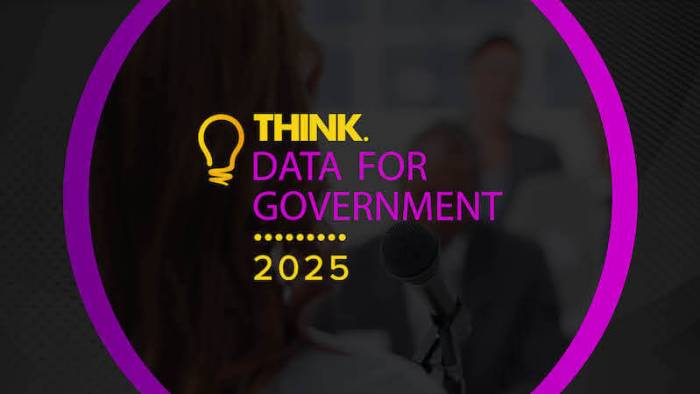There are 11 emerging technologies that every government and public sector organisation should have on its radar, according to new research from Forrester.
“Critical to the public sector is the ability to deliver on time, on budget, and on mission. Having the tools on hand to support your service delivery capabilities is critical, but knowing when and where to invest is essential in securing both quick wins and long-term strategic gains,” said Sam Higgins, VP principal analyst at Forrester.

“Regulatory constraints, complex systems, conflicting interests, and shifting mission priorities mean that, despite enthusiasm and an appetite for new technologies, the public sector is often more constrained than its private-sector counterparts. As such, the technologies that will reap the most benefits are different than for other industries.”
In its Priorities Survey 2025, the analyst firm has categorised the technologies into short, medium and long term bets.
Short-term technologies
The four short-term technologies are synthetic data, decentralised digital identity, TuringBots, and generative AI (gen AI) for language.
Synthetic data continues to support AI models and secure data analysis in the public and private sectors.
As services and citizens become more connected, decentralised digital identity (DDID) benefits governments by streamlining operations, programmes, and data.
TuringBots can boost productivity and innovation, providing significant efficiency gains in the development of both new software and the legacy software that lingers in public sector IT, said Forrester.
Meanwhile, gen AI is already streamlining services and reducing language barriers across global public-sector agencies. But gen AI for language is distinct from other AI applications, as models, use cases, and vendor offerings continue to diverge.
“While business and tech leaders — particularly in the public sector, with its complex mix of trust and transparency — view AI with a healthy level of concern, AI-enabled technologies will dominate the emerging tech landscape in the short and medium term,” said the report.
If you liked this content…
Medium-term technologies
The five medium-term technologies are explainable AI, zero-party data platforms, quantum security, autonomous mobility, and AI agents, which Forrester expects will deliver benefits in two to five years.
Forrester contends that explainable AI (XAI) will increase the transparency of and trust in AI use and can aid regulatory compliance.
Zero-party data platforms (ZPDPs) allow governments to manage data volunteered by customers, improving service accuracy or informing policy without compromising privacy.
Elsewhere, it said Quantum security is crucial as quantum computers’ potential to break cryptographic algorithms rises.
The disruptive potential of autonomous vehicles in critical areas of infrastructure delivered by governments remains on the minds of public transport agencies and policymakers.
And AI agents’ ability to automate repetitive tasks and free up workers to take on more complex responsibilities is increasing as the AI arms race continues among major technology players and nations.
Long-term technologies
Two long-term technologies — quantum computing platforms and Zero Trust edge — present big potential benefits and substantial risks, said Forrester.
Quantum security technologies, such as post-quantum cryptography, will soon play a critical role in safeguarding data. Here Forrester said that while its potential is huge, it’s uncertain when quantum computing will be able to deliver benefits.
Zero Trust Edge (ZTE) is emerging as a critical high-risk, high-reward technology for cost reduction and improved cybersecurity. But it is also several years away from delivering tangible value for most organisations and use cases, said Forrester.








